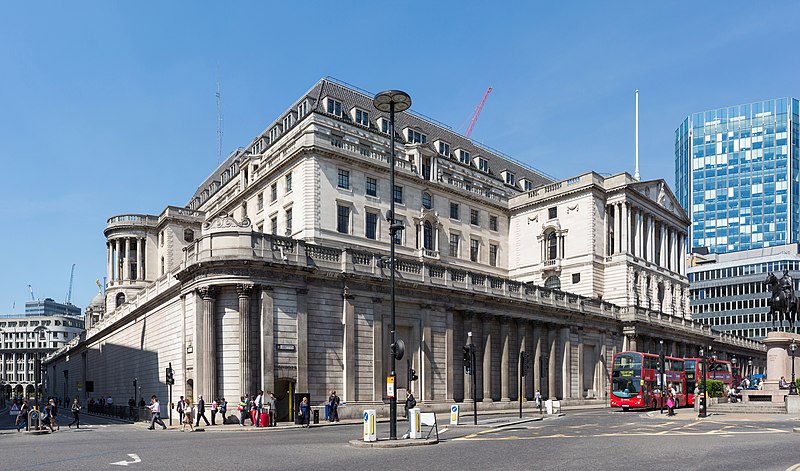
UK wages have experienced a record annual increase, fueling concerns that inflation will persist for an extended period. Official figures reveal that regular pay grew by 7.3% in the March to
May period compared to the previous year, matching the highest growth rate recorded last month. However, despite the significant rise, pay increases continue to lag behind the inflation rate, which currently stands at 8.7%. The Bank of England has been closely monitoring the pace of wage growth as it seeks to manage inflation, which has remained stubbornly high. Strong wage growth may lead to increased costs for companies and subsequently higher prices for goods.
While the latest wage figures surpassed expectations, they are unlikely to alleviate the Bank of England's concerns regarding inflation. Analysts predict that the Bank may raise interest rates further at its next meeting in August, with much depending on the upcoming inflation figure. The prospect of additional rate hikes has already pushed mortgage costs to their highest level in 15 years. The government's goal to halve the inflation rate by the end of the year remains challenging, and job vacancies have declined for the 12th consecutive time.
Despite a slight increase in unemployment, business groups continue to struggle to find suitable workers. The government has introduced the "Midlife MOT" initiative to assist workers aged 45 and above with career retraining. While there are signs of labor market tightness easing, wage growth may have reached its peak, potentially leading to a more stable inflation trajectory. Photo by Diliff, Wikimedia commons.



































